Who wants to be a practice owner? I often ask this question to my veterinary student classes. To no surprise, roughly 20% of the class raises their hand. This number is not much different from the survey of veterinarians AVMA performed in 2016 which revealed 25% of those surveyed were owners and 58% had no plans to become an owner.
It makes sense. The dream many veterinarians had since they were three feet tall encompassed treating animals not managing people, fixing the water heater when it breaks or searching for the wisdom in financial statements. Add to that a large student debt burden and no training or mentorship in business, and the thought of becoming an owner seems even more far fetched. But does walking away from ownership really make sense?
When I re-frame the question, and ask the students, what do you want out of your career, some interesting aspects of their professional vision emerge. Here are a few of the most common ones:
- Freedom to pursue passion projects both within the veterinary profession and outside of it.
- Financial security and an ability to payoff student debt.
- Freedom to practice their style of medicine.
- Mentorship and a caring practice culture.
- The ability to practice where they would like to practice.
- A team approach to medicine, decision making and practice management.
What they are describing is practice ownership. But it is practice ownership through a different lens.
The Spectrum of Ownership
Imagine that you were just given 1% of Google. Do you sell your home, move to Silicon Valley and take a seat on the board? Are you responsible for growing the company, hiring the right engineers or solving daily challenges?
No. You receive the financial benefits of being a 1% owner of Google and that’s where your ownership role stops. Even if you were given voting rights, your voice would only be one in one hundred.
This style of ownership represents one side of the spectrum — obtaining the financial benefits of ownership while remaining focused on practicing medicine. Since veterinary practices are not publicly traded companies, hospitals that adopt this style of shared ownership do it by implementing an ESOP (Employee Stock Ownership Plan) or a VSOP (Veterinary Stock Ownership Plan).

Moving towards the middle of the spectrum, we encounter the more traditional models of ownership — partnerships and transitioning ownership of established practices. The far entrepreneurial side of the spectrum includes start-ups and multi-location ownership models.
Just like there is a style of medicine for every private practitioner, there is as style of ownership for them too. Moving towards the entrepreneurial side of the spectrum, owners trade some of their focus on medicine for non-veterinary responsibilities, increased decision making power, increased risk and usually increased financial reward. Remaining on the ownership side of the spectrum allows more time to focus on the delivery of veterinary services while gaining a greater financial benefit than an associate could obtain on their own.
Practice Owners Have A Greater Reach
Taking the leap into practice ownership is an important step towards actively building the career you want. The impact an associate can make on the hospital’s quality of medicine, personal work schedule, practice culture or client experience is limited. But an owner, has the decision making power to turn vision into reality.
Spectrum of Care | Disagreement on spectrum of care between owners and associates is one of the leading causes of stress and burnout among practitioners. Most forms of ownership, offer a seat at the decision making table, allowing veterinarian owners a voice in the formation of care guidelines and hospital wide medical decisions.
Practice Culture | Everyone in the practice has a role in establishing the practice culture but the leader (practice owner) sets the tone and has the loudest voice. Practice owners also shape the culture by growing their teams (adding new members).
Community | A veterinary practice plays an important role in the community. The practice owner helps decide what that role will be by choosing the hospital’s market, deciding what services to provide (wellness care, illness care, specialty services, emergency, boarding, grooming, etc) and what active role the practice will play in the community (outreach, education, volunteer work).
Financial Benefits | There is a limit to how much an associate can earn. A single veterinarian can only see a set number of cases in a day. With the appropriate number of skilled technicians, that number may increase but there is still a limit. Becoming an owner can significantly extend that limit. Productivity, compensation and wealth accumulation can now grow exponentially through the addition of associates, pet well-being services (boarding, grooming, doggie daycare, behavior training), assets (hospital building, equipment) and even new locations. Like the spectrum of ownership demonstrated, aspiring owners can choose to obtain these benefits as solo-owners or they can build them as shared owners.
Whatever your passion project in veterinary medicine is, practice ownership can provide you the opportunity to pursue it.
Exploring Ownership Opportunities
If becoming an owner goes beyond the scope of your imagination, start by exploring opportunities for shared ownership. Many practices are working to build an ownership culture in their hospital and are offering ESOPs (Employee Stock Ownership Plans) or VSOPs (Veterinary Stock Ownership Plans) to share in the financial benefits of ownership. If your practice isn’t one of these, consider starting the conversation about the benefits of shared ownership and the programs available to facilitate it (the National Center For Employee Ownership is full of excellent resources to help support your case). There is a good chance that the owner of your practice doesn’t even know this is an option!
If you are part of the 20% of aspiring owners with a well developed interest in practice ownership, start by deciding which style of ownership is likely to be the best fit and when you would ideally like to enter ownership. HarborU resources and mentors are available to clarify the lending process, ensure student debt is properly managed, help build individual ownership skills, and even locate the perfect ownership opportunity.







Responses
I really appreciated learning about the “spectrum of ownership”. I have become increasingly interested in practice ownership throughout veterinary school, and especially so after participating in Harbor’s Business Internship. This discussion really made me realize that I need to sit down and decide what I want to accomplish through ownership and I appreciate the resources you provided to help with those deciding factors. Thank you!